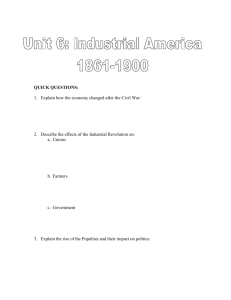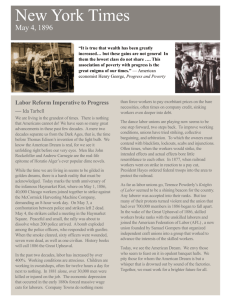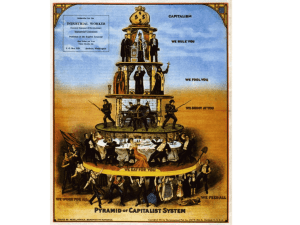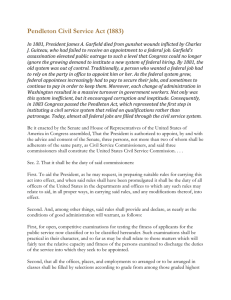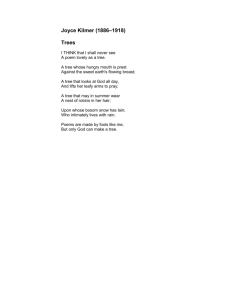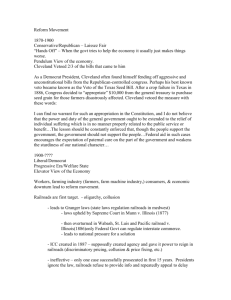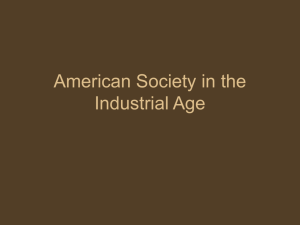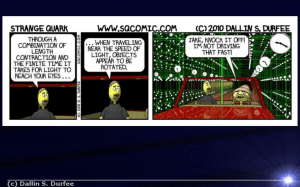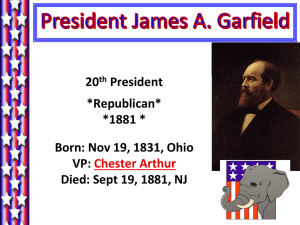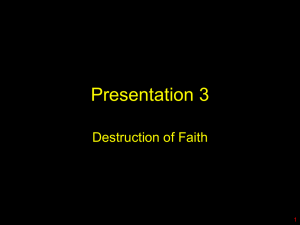File - The One Group Of Five
advertisement
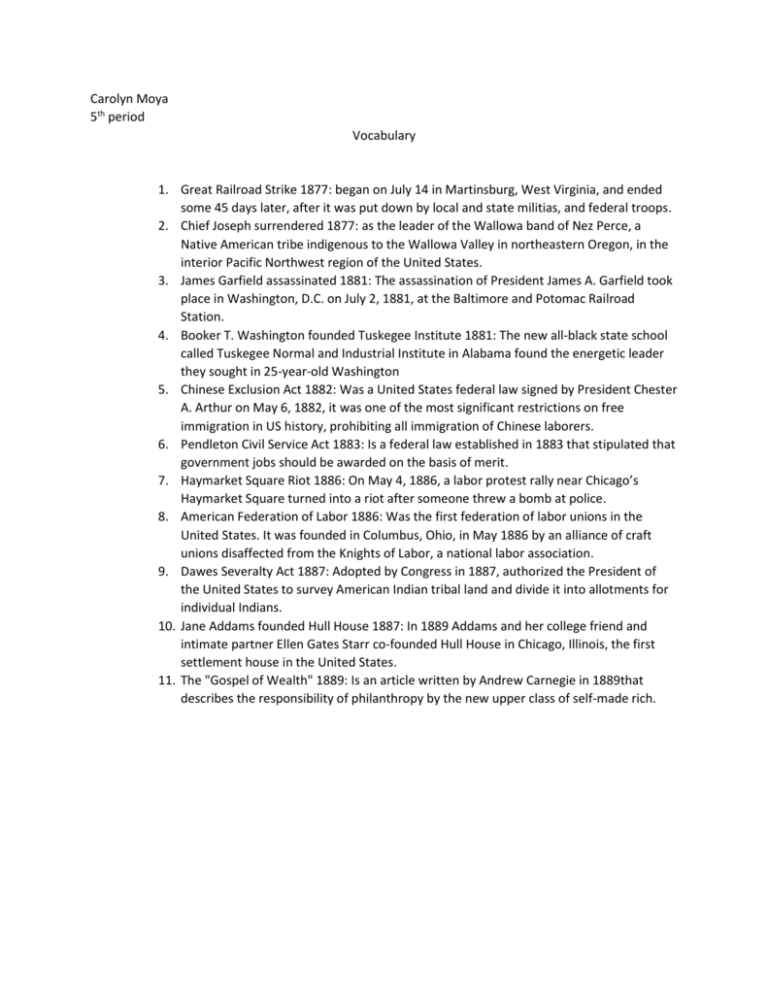
Carolyn Moya 5th period Vocabulary 1. Great Railroad Strike 1877: began on July 14 in Martinsburg, West Virginia, and ended some 45 days later, after it was put down by local and state militias, and federal troops. 2. Chief Joseph surrendered 1877: as the leader of the Wallowa band of Nez Perce, a Native American tribe indigenous to the Wallowa Valley in northeastern Oregon, in the interior Pacific Northwest region of the United States. 3. James Garfield assassinated 1881: The assassination of President James A. Garfield took place in Washington, D.C. on July 2, 1881, at the Baltimore and Potomac Railroad Station. 4. Booker T. Washington founded Tuskegee Institute 1881: The new all-black state school called Tuskegee Normal and Industrial Institute in Alabama found the energetic leader they sought in 25-year-old Washington 5. Chinese Exclusion Act 1882: Was a United States federal law signed by President Chester A. Arthur on May 6, 1882, it was one of the most significant restrictions on free immigration in US history, prohibiting all immigration of Chinese laborers. 6. Pendleton Civil Service Act 1883: Is a federal law established in 1883 that stipulated that government jobs should be awarded on the basis of merit. 7. Haymarket Square Riot 1886: On May 4, 1886, a labor protest rally near Chicago’s Haymarket Square turned into a riot after someone threw a bomb at police. 8. American Federation of Labor 1886: Was the first federation of labor unions in the United States. It was founded in Columbus, Ohio, in May 1886 by an alliance of craft unions disaffected from the Knights of Labor, a national labor association. 9. Dawes Severalty Act 1887: Adopted by Congress in 1887, authorized the President of the United States to survey American Indian tribal land and divide it into allotments for individual Indians. 10. Jane Addams founded Hull House 1887: In 1889 Addams and her college friend and intimate partner Ellen Gates Starr co-founded Hull House in Chicago, Illinois, the first settlement house in the United States. 11. The "Gospel of Wealth" 1889: Is an article written by Andrew Carnegie in 1889that describes the responsibility of philanthropy by the new upper class of self-made rich.
